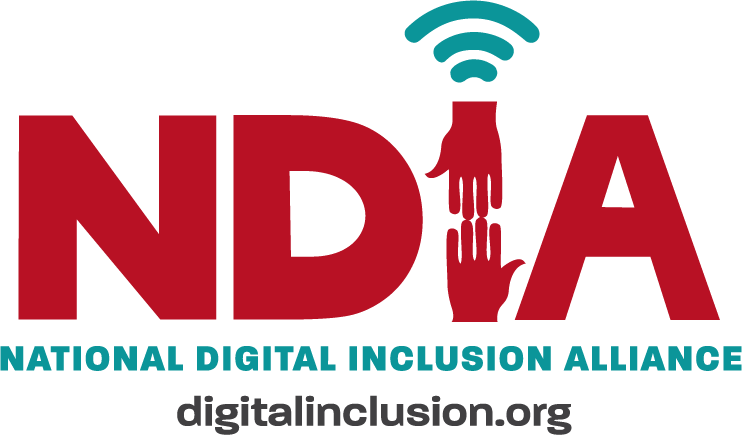[cs_content][cs_section parallax=”false” style=”margin: 0px;padding: 45px 0px;”][cs_row inner_container=”true” marginless_columns=”false” style=”margin: 0px auto;padding: 0px;”][cs_column fade=”false” fade_animation=”in” fade_animation_offset=”45px” fade_duration=”750″ type=”1/1″ style=”padding: 0px;”][x_author title=”Publisher: Media Democracy Fund and Robert W Deutsch Foundation. ” author_id=”Publisher: Media Democracy Fund and Robert W Deutsch Foundation. “][cs_text]
John B. Horrigan, PhD
Overview
Cities across the United States are trying to become “smart cities,” as they invest in digital technologies to help monitor the environment, enhance mobility, and improve the delivery of municipal services. Some of the technologies enabling the smart city, such as 5G wireless networks and autonomous vehicles, occupy the “inflated expectations” portion of the cycle of emerging technologies. This creates two kinds uncertainties for decision-makers: whether highly touted technologies will deliver as promised and how they impact values local policymakers are obliged to consider, such as equity and openness.
An examination of several cities which have sought to embrace smart city technology while keeping equity in the forefront shows that:
Planning makes a difference: A number of cities have conducted planning exercises that explicitly takes equity into account for smart city investments. Often, this planning is part of years-long municipal investment in and attention to the local impacts of digital technology.
City leadership matters: Cities that made the smart city-equity link often do so because elected officials make it a priority. This shows up in organizational charts, i.e., dedicated city staff whose jobs focuses on encouraging city departments to examine how smart city initiatives impact equity and can be vehicles to improve digital equity.
Community outreach can promote buy-in: Many cities actively reach out to all segments of the community not just to educate them about smart city technologies, but to elicit feedback from citizens. By making the smart city dialogue a co-creative process, cities have a better chance of making sure the smart city is equitable.
Finding pressure points for fund-raising can bear fruit: Cities need resources for digital inclusion and smart cities, and some places have raised funds for inclusion through local franchise agreements with cable and telecom companies for infrastructure buildout.
The last point comes with a red flag. The Federal Communications Commission (FCC) has constrained cities’ ability to charge franchise fees for buildout of a key smart city technology – 5G wireless networks. Given that, and absent repeal of the FCC’s rule, Congress should consider a smart cities grant program that gives cities the resources to plan for digital inclusion as investments in smart cities continue to unfold. The recent introduction of the Digital Equity Act offers a potential vehicle for funding such a program.[/cs_text][x_button size=”global” block=”true” circle=”false” icon_only=”false” href=”https://apps.urban.org/features/disrupting-food-insecurity/” title=”” target=”blank” info=”none” info_place=”top” info_trigger=”hover” info_content=””]Read More[/x_button][/cs_column][/cs_row][/cs_section][/cs_content]
